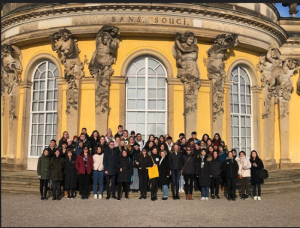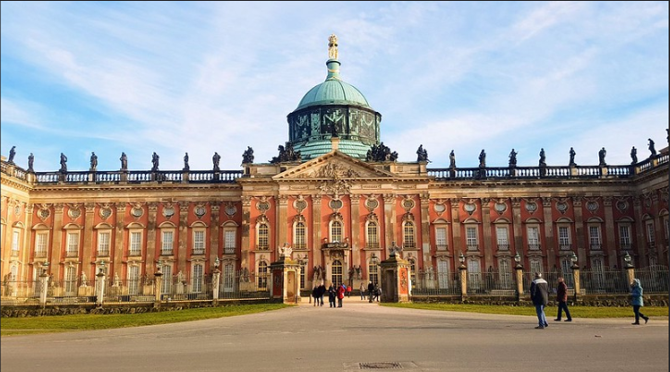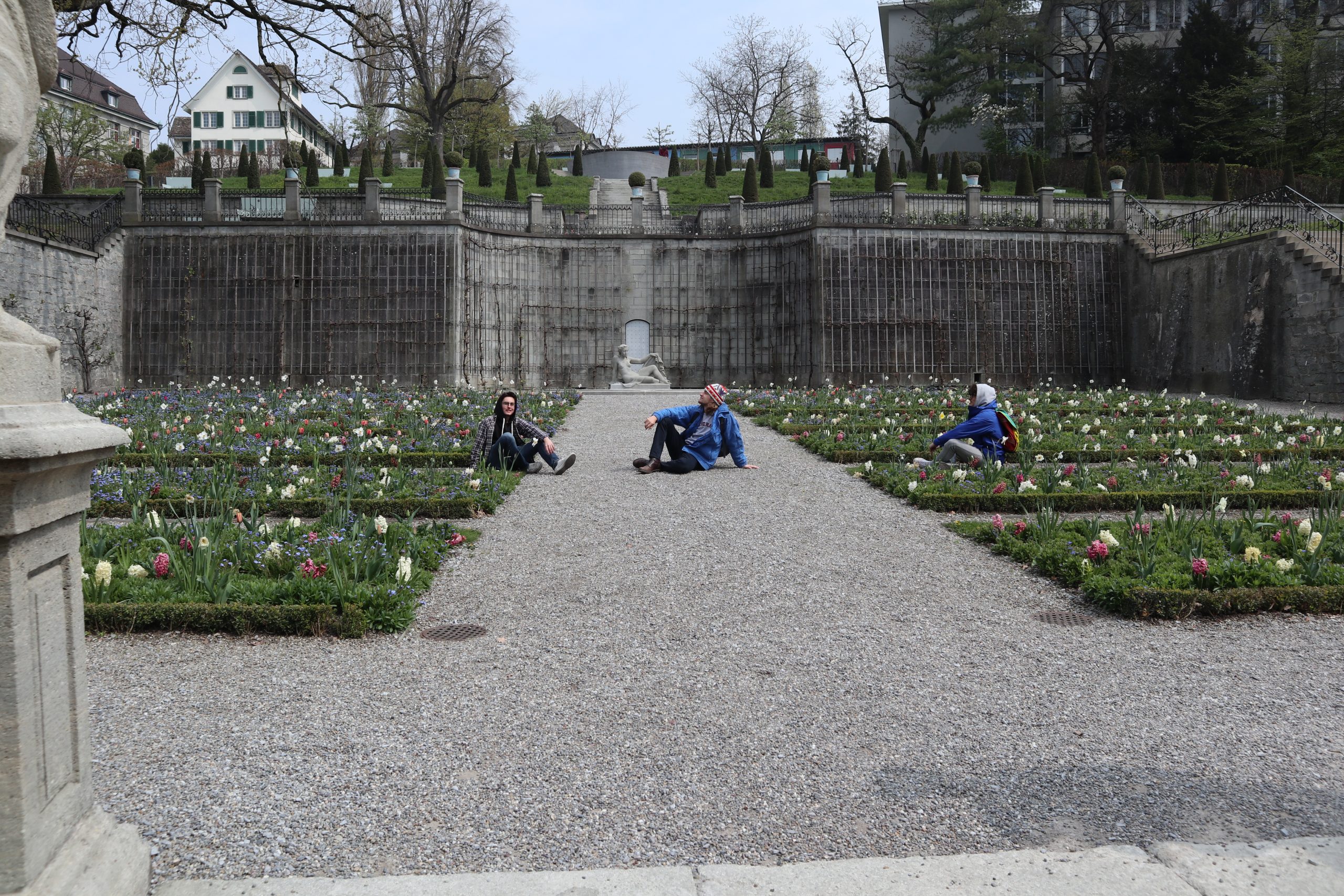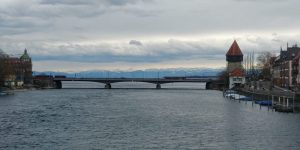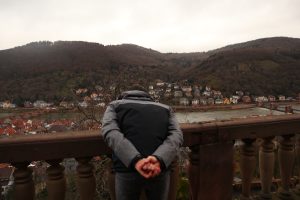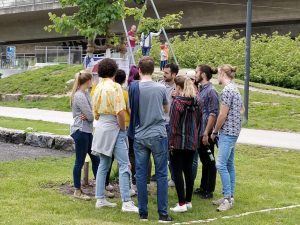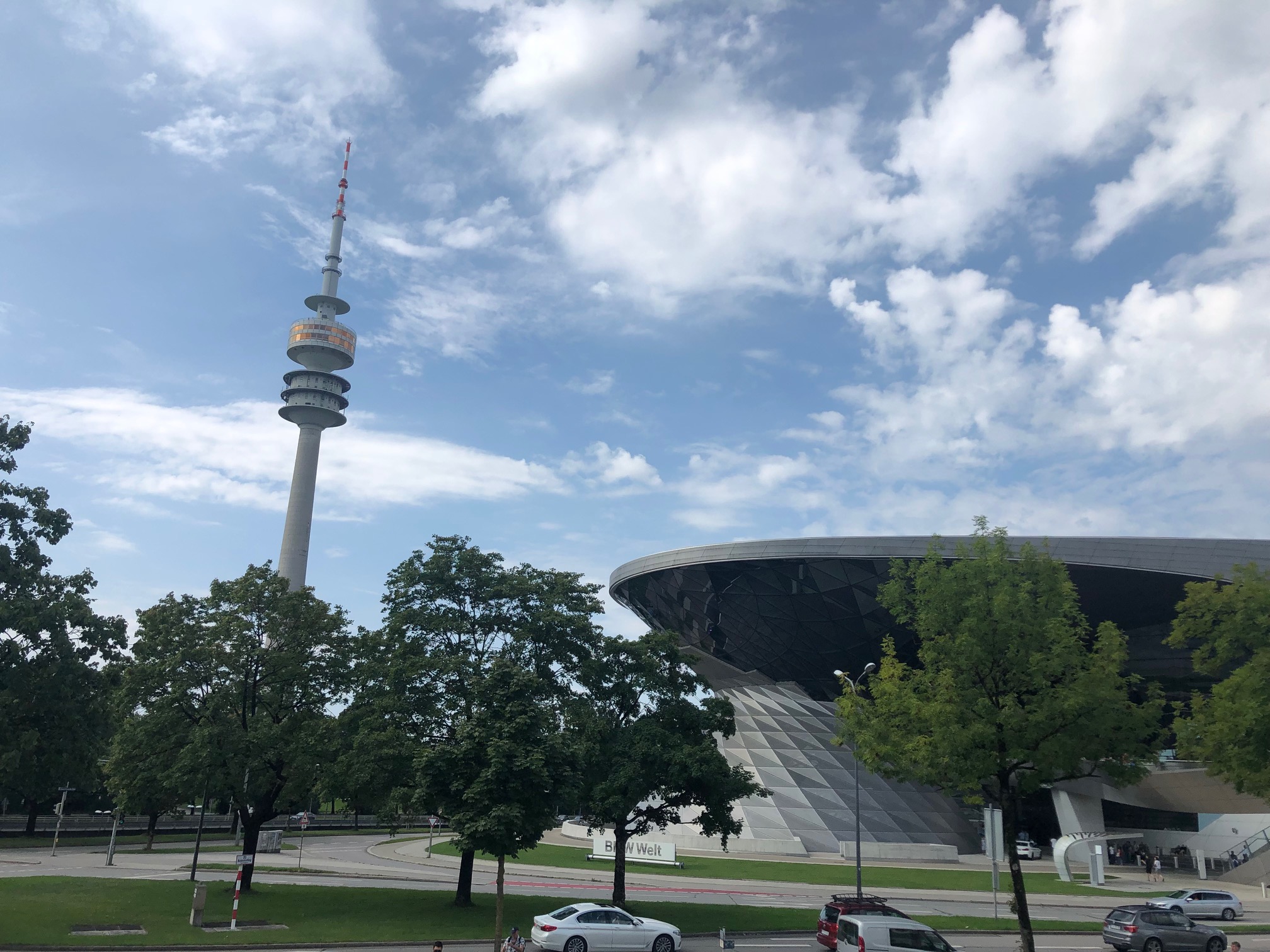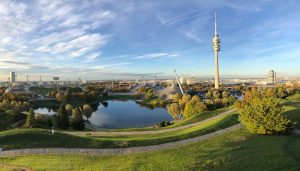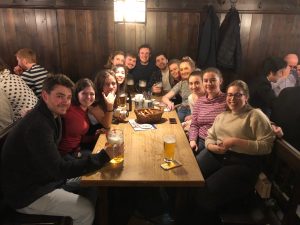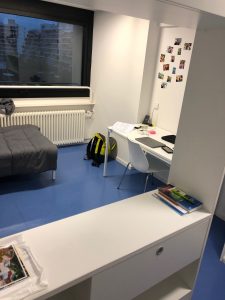Pre-departure
Because the pre-departure excitement of going overseas and going on adventurous explorations can tend to overshadow some more necessary administrative means that are important to take into consideration in preparation for the trip, I found it helped to compile a list of things I needed to do before embarking on this exciting journey. The list included organising flights in time – which one wants to get to as soon as one receives the confirmation and acceptance to travel overseas in order to find cheaper flights as well being able to move forward from there. While I was lucky enough to have had an EU passport, it is vital for non-EU passport holders to get on top of visa applications and the necessary procedures that follow.
Once flight tickets have been booked, a visa organised, the next step is to look at transportation to and from the airport as well as further means of getting around the country for the upcoming month. For example, while in South Africa one can easily rely on uber as a taxing service, in certain parts of Europe uber has now been forbidden and one needs to look for alternative transportation. I bought a ‘Monatskarte’ through the university which included all forms of transport for a month in Berlin. However, keep in mind that this Monatskarte will only be passed on on the first day of one’s course – thus, should you arrive a couple days prior to the course starting, one must rely on either single daily tickets with the tram, U-Bahn or S-Bahn or take a taxi to and from your different destinations.
Additionally, I tried to orientate myself in advance around Berlin through Google Maps. For example, looking up the locations to and from place of accommodation to the airport, bus and train stations, Museums, and other places I wished to see in Berlin. I also checked my different routes to the university and relevant classes. I also looked up the different weather conditions in Germany over my stay there which was also strange packing my warmest winterwear in the middle of summer! Another important thing to take note of is how to go about using one’s phone. There were multiple options one could choose from like buying a new SIM card with data or relying on the wifi (or WLAN as it is called in Germany) which was what I opted to do as free wifi that gave access to internet was available in all stations, public areas and university as well as the student hotel I was staying at.
Lastly, I can recommend informing oneself of the of the country one is going to. I compiled a list of things I wished to do, places I wanted to see and go to – museums, body worlds, parks, cocktail bars and restaurants. I also was very excited to try the different traditional German foods such as Currywurst, Schweinebraten, Döner and, of course, lots of Bier! Once you arrive in Germany (or your relevant country) one will have so much to do that one needs to remember what is important to one and wishes to see while one has the chance as a month flies by faster than one may think.
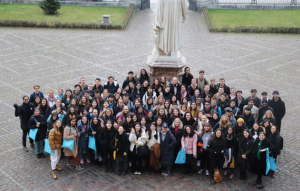
Host-university experience
The most exciting part of going overseas is arriving and being overwhelmed with all the excitement of different smells, sights, people, foods, culture and of course a whole new university experience. Going to a new country also entails welcoming and adapting to change. This for example means walking and driving on a different side of the road or that social norms of the community like keeping very precisely to timing and interacting with one another is in stark contrast to South Africa.
The academic programme offered by the host-university (Humboldt University zu Berlin) offered different courses that one signed up for in advance and could enjoy for 3 weeks of intensive in-depth analyses of the given topics and interaction between lecturers, students and guest lecturers or (in my case) human rights activists. The lecturers were professional and top of their fields, giving a very informative and detailed as well as impassioned feedback on topics. The lecturers oftentimes asked for our opinions and would contrast the different takes of each country. As we all came from different backgrounds this was interesting to compare on an international level and allowed for many different perspectives to be heard and topics to be broached in terms of human rights and critical international legal studies. I really enjoyed the interactive participation of each class that was different to my experience of big classes in Stellenbosch University where less interaction between the lecturer and the students is more common practice.
The academic programme also allowed for many guest lecturers and human rights activists to present. This I found truly awe-inspiring and nudged on the core hands-on element of human rights activism in practice and my passion for the course content. Additionally we got to go on a class-expedition to the ECCHR through the programme, where we discussed international and German case studies with regards to human rights and the law which I thoroughly enjoyed.
In addition to the academic programme the university also offered a cultural programme which included showing us around not only the university’s campus but the whole of Berlin, typical foods, activities, museums and even a trip to Potsdam (a beautiful town of castles outside of Berlin). The cultural programme further contributed to connecting with the people and getting a better taste of Berlin as it let us all interact in exciting activities and tours that we could sign up for e.g. ice skating or going to art and cultural museums.
One of the activities I got to experience was a tour to Kreuzberg – the political quarter of Berlin. There we ate Turkish traditional foods and see Berlin’s famous graffiti as well as the Kreuzberg museum. Ambling through the streets of Kreuzberg we got to see the political and cultural mix as well as the stark difference of rich and poor due to gentrification in that area. In general exploring Berlin was very culturally informative as the city holds so much history of different eras that are physically visible in its remnants e.g. the East Side Gallery showing the leftovers of the Berlin wall, the Checkpoint Charlie and the Tränenpalast which are the different GDR checkpoints, the Bebelsplatz which was where the Reichskristallnacht of 1938 took place. Other exciting places to visit were the Museumsinsel, Alexanderplatz and the Dead Chicken Alley.
While staying there one quickly makes friends with other international students that are eager to get to know you and your side of the world as well as experience all the exciting ‘Touri’ tours to make discovering and finding our way around Berlin more fun. It also helps that because many of us doing the different courses offered by the host-university were staying at the same Hotel we got to know one another and could try out new bars, clubs, coffee houses and Döner or Currywurst stands together.
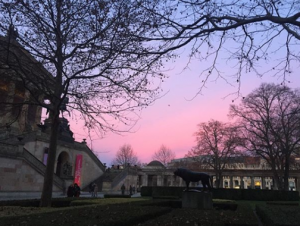
Return
Upon returning back to South Africa, one experiences disappointment of having to leave but also excitement of coming home. One doesn’t realise how much one missed all the different things of being home – for me it was the mountains, the people and a feeling of ‘Geborgenheit’ as the Germans would put it which means the safety and security on feels from being at home. Further, the weather among with family and friends welcoming you back with open arms was wonderful as the change from averaging 2 degrees to 30 was thoroughly appreciated at that point. It is fun being able to do all the exciting winter activities like ice skating, or going to Winter Wonderland parks and then a week later to be basking under the African sun sipping a cool drink. Returning home makes one appreciate all the different things one missed while being overseas without even realising it! The change of scenery, warm weather, different people and culture clashes as well as the aesthetic beauty that both countries hold create a general feeling of appreciation at being able to have travelled and experienced such privileges and luxuries around the world.
While your return home may make one extremely grateful for the journey one also feels a sense of disappointment as one begins to miss things from another country as well as struggling to adapt back to other things that did not bother one before of ones own country. For example, after enjoying the public transport in Germany being reliable and very easily accessible for everyone one notices the lack thereof in South Africa. Another aspect that also jumps to the fore is the feeling of security one has overseas whereas upon one’s return back to ones South African home one realises the stark difference of how people often live in fear here as opposed to Europe.
Additionally, while looking back at one’s exciting adventure overseas others may not be as interested in your stay there as what you would like them to be. Thus, prepare yourself for disappointment as many may grill you about certain aspects and then not pay much attention when you would like to continue marvelling at your fantastic trip. For example, many of my friends that study with me were interested in my course but then would pass over my explanations of the German culture and other experiences I had there (or vice versa when asked by family members).
Lastly, going overseas has definitely made me weigh up my different possibilities and opportunities of pursuing potential employment not only (as I had previously intended) in South Africa but also elsewhere in the world. The trip overseas broadens one’s horizons in the sense that one realises that living overseas and changing and integrating oneself in a new culture, different surroundings and people is entirely possible.
